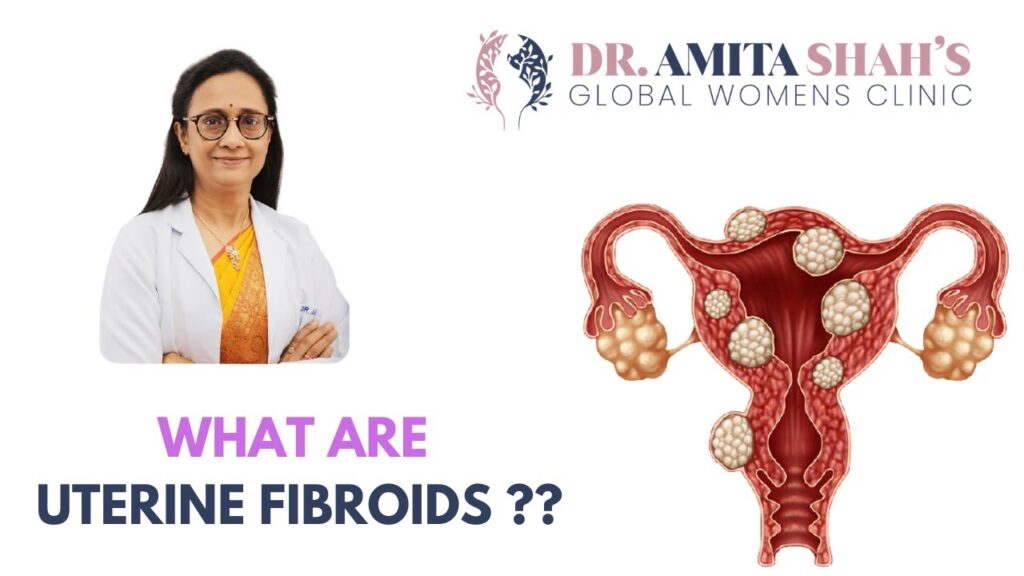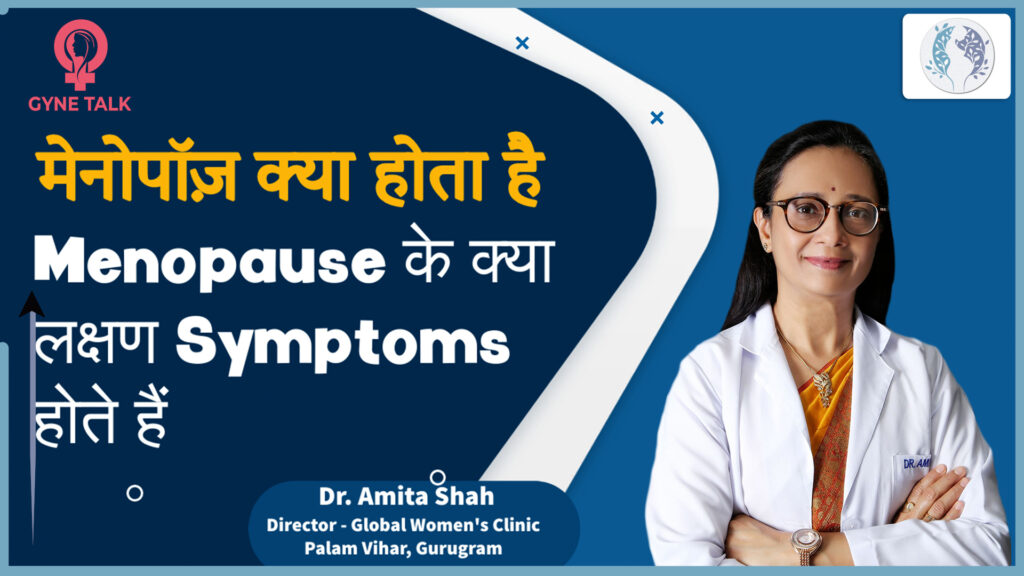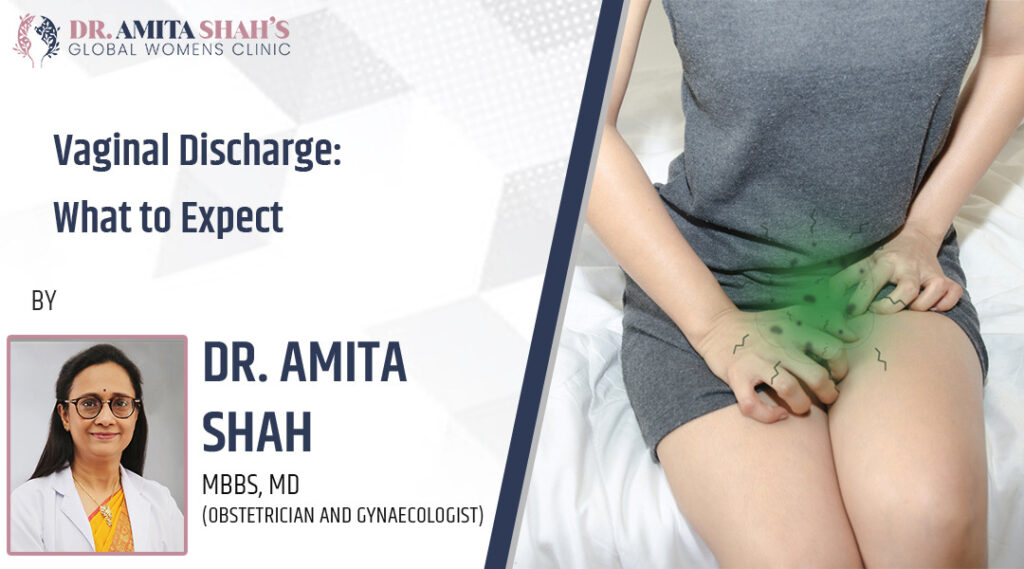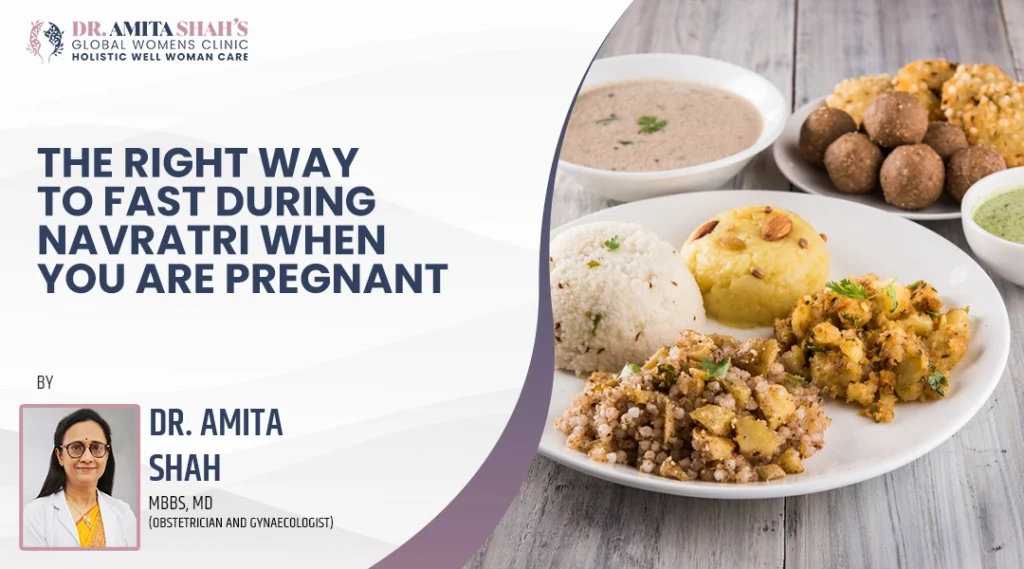Uterine Shrink fibroids are a common condition among women of reproductive age. These non-cancerous growths can cause a range of symptoms, including heavy periods, pelvic pain, and fertility issues. While conventional treatment options for fibroids include surgery and medication, some women may prefer to explore natural remedies. One such option is through diet. In this blog post, we’ll explore how certain foods can help shrink fibroids naturally, and the lifestyle changes that can support this process.
-
The Role of Diet in Fibroid Development and Growth
Estrogen is a hormone that plays a key role in fibroid development and growth. Fibroids are known to contain more estrogen receptors than normal uterine tissue, which means they are more sensitive to the hormone. Certain foods can affect hormone levels and therefore fibroid growth. For example, consuming foods high in phytoestrogens, which are plant-based compounds that mimic the effects of estrogen in the body, may exacerbate fibroid growth.
-
Foods to Eat to Shrink Fibroids
On the other hand, some foods can help shrink fibroids naturally. These include:
Foods high in fibre: Whole grains, vegetables, and fruits are all rich sources of fibre. Eating a fibre-rich diet can help to regulate estrogen levels and reduce inflammation, which can contribute to fibroid growth.
Cruciferous vegetables: Vegetables like broccoli, cauliflower, and kale contain compounds called indoles, which help to balance hormones in the body. Eating cruciferous vegetables has been linked to a reduced risk of fibroids.
Omega-3 fatty acids: Found in fatty fish like salmon, nuts, and seeds, omega-3 fatty acids have been shown to have anti-inflammatory properties. Consuming these foods can help to reduce inflammation and potentially slow fibroid growth.
Vitamin D-rich foods: Research has shown that women with low vitamin D levels may be at a higher risk for developing fibroids. Foods like fatty fish, fortified dairy products, and egg yolks are good sources of vitamin D.
-
Foods to Avoid to Reduce Fibroid Growth
While some foods can help shrink fibroids naturally, others may contribute to their growth. These include:
Processed and high-fat foods: Consuming too much processed and high-fat foods can lead to weight gain, which is a risk factor for fibroids. It’s important to limit these foods and instead focus on whole, nutrient-dense options.
Red meat: Research has shown that consuming red meat may be linked to an increased risk of fibroids. It’s important to limit red meat intake and choose lean protein sources instead.
Alcohol and caffeine: Both alcohol and caffeine can affect estrogen levels in the body, potentially contributing to fibroid growth. It’s best to consume these in moderation or avoid them altogether.
Soy products: While some research has suggested that soy products may help reduce the risk of fibroids, others have found that they can contain high levels of phytoestrogens, which can exacerbate fibroid growth. It’s best to consume soy products in moderation and consult with a healthcare provider.
-
Other Lifestyle Changes to Support Fibroid Shrinkage
In addition to dietary changes, other lifestyle changes can support fibroid shrinkage. These include:
Exercise: Regular exercise has been shown to reduce inflammation and potentially slow fibroid growth. Aim for at least 30 minutes of moderate exercise most days of the week.
Stress reduction: Stress can affect hormone levels in the body, potentially contributing to fibroid growth. It’s important to find ways to manage stress, such as through meditation, yoga, or other relaxation techniques.
































